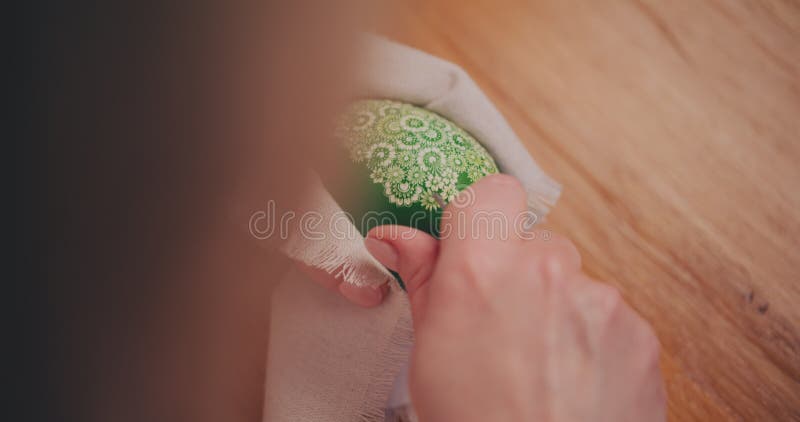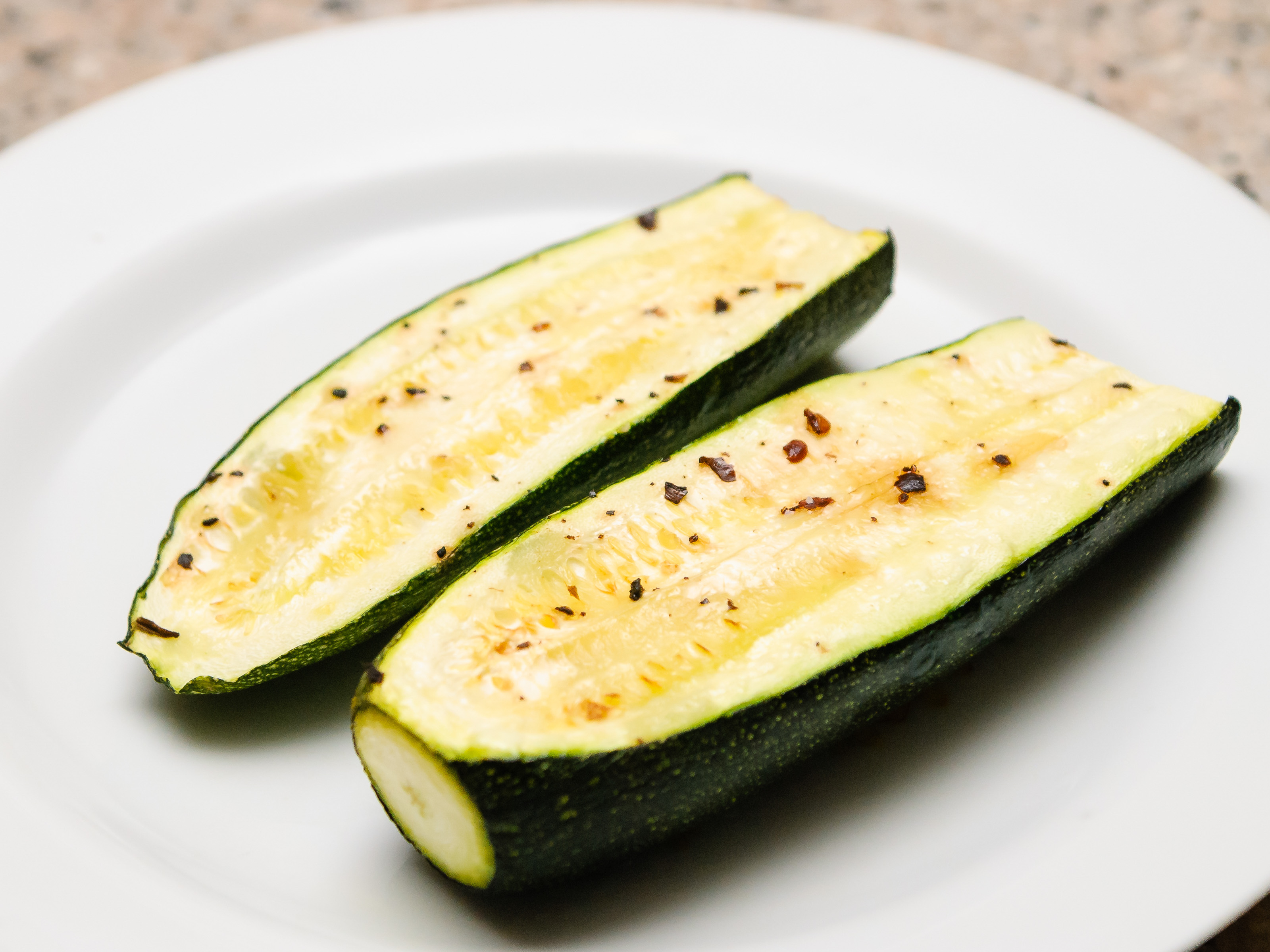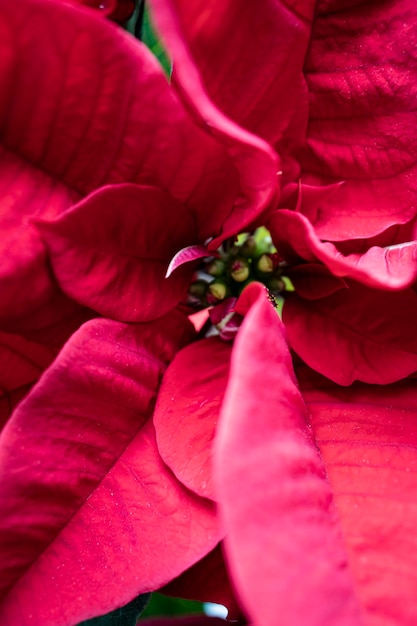Why We Decorate Eggs at Easter: Tradition Explained

In the tapestry of cultural traditions, few are as colorful and universally embraced as the custom of decorating Easter eggs. This annual event captures the imagination of people of all ages, transforming simple eggs into symbols of life, fertility, and resurrection. But why do we decorate eggs specifically at Easter, and how did this tradition come about? This article delves into the rich historical, cultural, and symbolic roots of Easter egg decoration, providing insights into one of the world's most beloved customs.
Historical Background

The practice of decorating eggs spans back thousands of years, far beyond the origins of the Easter holiday. Here are some key historical points:
- Ancient Civilizations: Many ancient cultures, including the Persians, Egyptians, and Chinese, used eggs in their religious practices and festivals. These eggs often symbolized rebirth, life, and the earth's rejuvenation.
- Pagan Spring Festivals: In pagan cultures, eggs were given as gifts during spring festivals to celebrate the earth's awakening. The egg, as a symbol, was easily integrated into Christian traditions celebrating Jesus Christ's resurrection.

Symbolism of Eggs in Christianity

The integration of the egg into the Christian Easter celebration comes with profound symbolic meaning:
- The Empty Tomb: The eggshell is often linked to Jesus' tomb, and the emergence from it symbolizes his resurrection. This parallels the idea of the stone being rolled away from the tomb's entrance.
- New Life: Just as a bird breaks out from the egg, so too did Jesus rise from the dead, symbolizing new life and the hope of eternal life for believers.
🌟 Note: In some traditions, eggs are painted red to symbolize the blood of Christ, believed to have caused an egg given to Mary to turn red at the Crucifixion.
Cultural Variations of Easter Egg Decoration

Across different cultures, the tradition of Easter egg decoration has taken on unique forms:
| Country | Decorating Tradition |
|---|---|
| Ukraine | Pysanky - intricate designs using wax resist and dyes. |
| Germany | Ostereier - traditional dying with natural dyes. |
| Greece | Kokkina Avga - eggs are boiled, dyed red, and sometimes etched. |
| USA | Diverse styles including Egg hunts, Fabergé-inspired decorations, and crafts. |


📜 Note: In Germany, decorating Easter eggs with onionskins for a natural dye effect has a long-standing tradition.
Modern Easter Egg Traditions

The practice of decorating Easter eggs has evolved and expanded in modern times:
- Commercialization: Companies now produce pre-decorated eggs, egg decorating kits, and even chocolate eggs.
- Environmental Awareness: There's a growing trend towards using natural dyes and repurposing materials in decorating eggs.
- Digital Influence: Online tutorials and communities share new techniques for decorating, like using stickers, paint pens, and stencils.
The essence of Easter egg decorating remains the same - celebrating life and renewal. Whether through traditional methods like Pysanky or modern crafts, the joy of creating, giving, and receiving Easter eggs continues to captivate the world.
🎨 Note: Remember that decorating Easter eggs doesn't have to be an exact science. It's about creativity, fun, and sharing the spirit of Easter with loved ones.
In this brief journey through the history and meaning of Easter egg decoration, we've discovered that this tradition transcends mere decoration. It is a bridge that connects various cultures and beliefs, embodying themes of life, hope, and renewal. Whether through its ancient pagan roots, its adaptation into Christian symbolism, or its vibrant modern expressions, decorating Easter eggs remains a poignant reminder of the cycle of life and the promise of new beginnings.
Why do we use eggs to celebrate Easter?

+
Eggs symbolize rebirth and the resurrection of Jesus Christ in Christianity, which aligns with the spring themes of life and renewal from pre-Christian cultures.
What does the egg symbolize in different cultures?

+
In many cultures, eggs have symbolized life, fertility, and rebirth. For Christians, the eggshell represents the tomb from which Jesus emerged resurrected.
Are there any environmental concerns with Easter egg decorating?

+
Yes, issues like plastic waste from commercial decorations and the environmental impact of egg production are concerns. Natural dyes and reusing materials are recommended for eco-friendly decorating.



